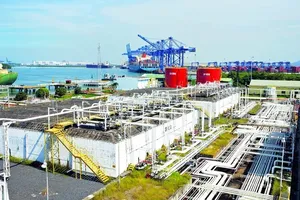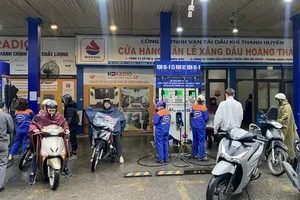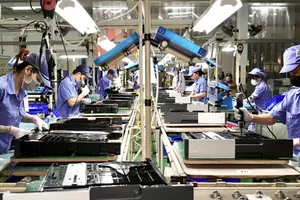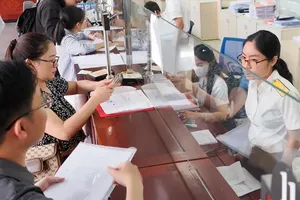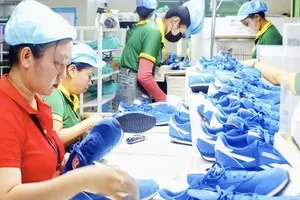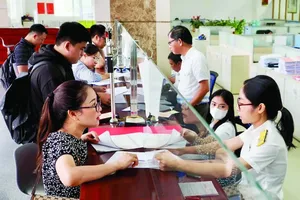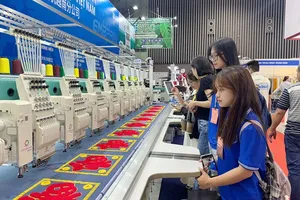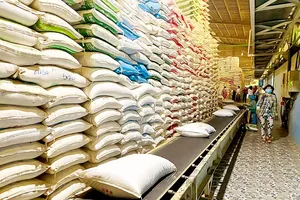
While significant progress has been made since the implementation of Directive No. 30-CT/TW five years ago, substantial challenges persist.
Counterfeit, imitation, and substandard goods remain a serious concern, particularly in critical sectors such as medicine, food, and milk. These products not only violate consumer rights but also pose severe risks to public health and safety. The methods used to produce and distribute these goods have become increasingly sophisticated, making effective management and supervision more difficult and requiring a more coordinated response from the entire political system.
A core issue is the inherent power imbalance between consumers and businesses. Consumers are often in a vulnerable position, even when well-informed, while some businesses prioritize profit over legal and ethical obligations, engaging in the production and sale of harmful products. Deputy Minister Nguyen Thanh Tinh noted that despite the potential for serious harm to consumer health and even life, current sanctions for these violations—especially for essential goods targeting vulnerable populations—are not strong enough to be a genuine deterrent.
The Deputy Minister said that the rapid development of science and technology, particularly the digital economy and e-commerce, has opened new avenues for growth. At the same time, however, it has also exposed consumers to greater risks if they are not sufficiently equipped with knowledge. When problems arise, or when consumers wish to file complaints or raise concerns about the quality of goods purchased through e-commerce platforms, they often encounter significant obstacles and challenges.
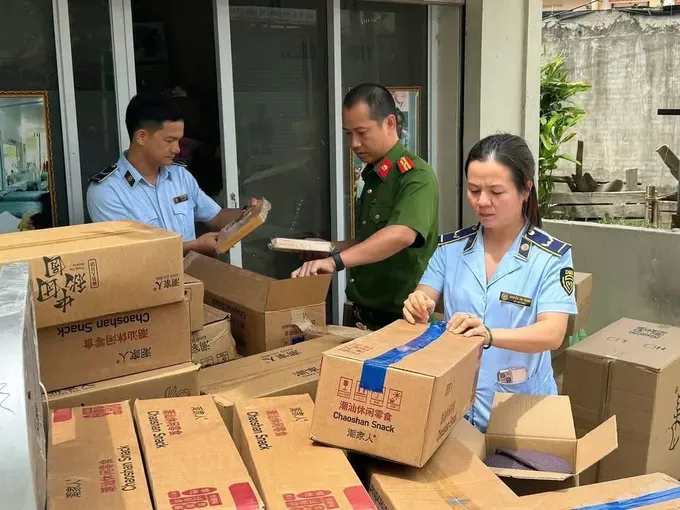
He went on to say that, according to preliminary observations by the Ministry of Justice, the responsibilities of ministries and agencies in this work remain unclear. At present, the Ministry of Industry and Trade holds overall responsibility for consumer protection. However, specialized ministries such as the Ministry of Agriculture and Environment and the Ministry of Health also share important duties in this area.
In addition, the implementation of the two-tier local government model requires a thorough review to clearly define the authority and responsibilities of people’s committees in communes in enforcing consumer protection regulations. It is also necessary to establish specific conditions and safeguards to ensure the effective performance of state management in consumer protection at the grassroots level.
He revealed that the 2023 Law on Consumer Protection has established a solid legal foundation for a more proactive and coordinated approach to safeguarding consumers. However, there remains a significant gap between the provisions on paper and their implementation in practice, which directly undermines the deterrent and preventive effect of the legal system.
One of the most critical shortcomings, he noted, lies in the post-inspection mechanism for products after quality declarations. Oversight remains weak, inconsistent, and insufficient to meet risk-control requirements. The effectiveness of these regulations still depends heavily on the enforcement capacity of state management agencies, resulting in delays in detecting, preventing, and addressing violations.
According to him, the first priority is to continue developing a legal framework for consumer protection by introducing stronger and clearer provisions on the rights and obligations of all parties, as well as on penalties for violations in order to safeguard consumers.
At the same time, it is necessary to strengthen the role of competition law. Alongside the Law on Consumer Protection, competition law plays a complementary role by setting technical standards, benchmarks, and addressing acts of unfair competition.
Moreover, as he emphasized, the effectiveness of law enforcement must be improved. Legal provisions need to be implemented strictly and efficiently to create real impact, encouraging consumers to actively invoke the law to protect their own rights.
In April 2025, the Ministry of Public Security cracked down a massive ring involved in the production, sale, and distribution of counterfeit powdered milk in Hanoi and neighboring provinces.
According to police, from August 2021 until the bust, the ring produced 573 different types of powdered milk. The products were marketed specifically to vulnerable consumers, including those with diabetes, kidney failure, premature infants, and pregnant women. They were advertised as containing high-value ingredients like swiftlet nest extract, cordyceps, macadamia powder, and walnut powder, but these ingredients were, in fact, completely absent.
Police investigations revealed that over a period of approximately four years, the group sold these products, generating nearly VND500 billion (US$18,965) in revenue.
